
By Ashley Davidoff MD
The equation 1 + 1 = 1 does not make intuitive sense, though it communicates a crucial tenet of The Common Vein. The component numbers in the left side of the equation, could represent the letters of the alphabet, a musical note, a brushstroke of a painting, the components of an equation, or the atom of the universe. It is the equation that is used most commonly in The Common Vein, and is applicable in many situations of life. The end result (right side of the equation) provides an illogical, unexpected, surprising and sometimes even magical result. It implies that whole is a unified bigger than the sum of its parts. ?Units to unity? reflects the same concept
Ashley Davidoff MD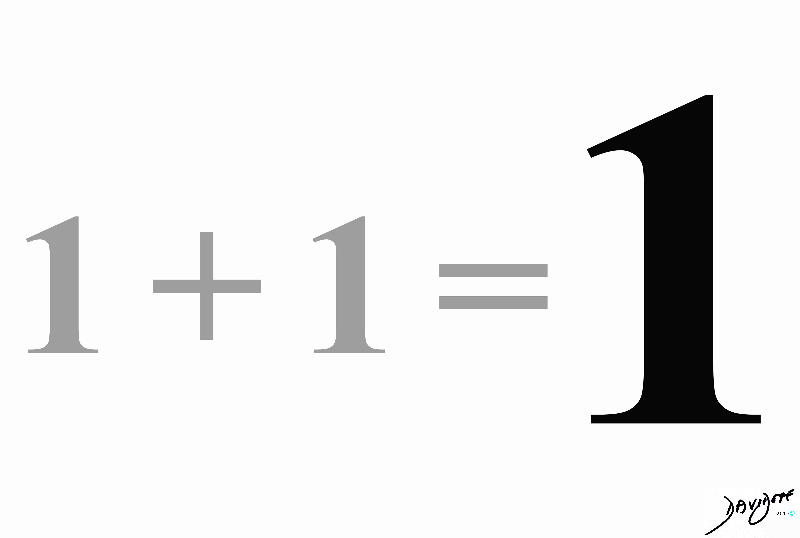
The key element of this equation is that the result is most often surprising and unexpected.
By Ashley Davidoff MD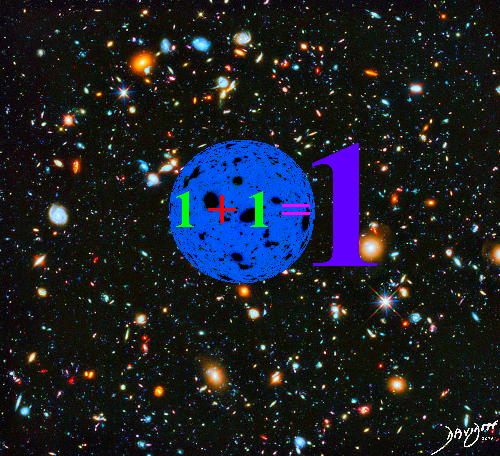
The equation 1 + 1 = 1 does not make intuitive sense, though it communicates a crucial tenet of The Common Vein. The component numbers in the left side of the equation, could represent the letters of the alphabet, a musical note, a brushstroke of a painting, the components of an equation, or the atom of the universe. It is the equation that is used most commonly in The Common Vein, and is applicable in many situations of life. The end result (right side of the equation) provides an illogical, unexpected, surprising and sometimes even magical result. It implies that whole is a unified bigger than the sum of its parts. ?Units to unity? reflects the same concept
Ashley Davidoff MD
This equation states that when 1 energized unit interacts with another energized unit in the context of time, space, and environment, there is a resulting change
By Ashley Davidoff MD
When an atom of hydrogen interacts and bonds by electromagnetic forces, with another similar atom of hydrogen in a moment in time and space, a new atom with 2 protons and 2 electrons forms. It is called helium
By Ashley Davidoff MD
Two units combine and organize and a new unit is formed
By Ashley Davidoff MD
The Brick Example – Units to Unity – and a Surprise and often Miraculous Result
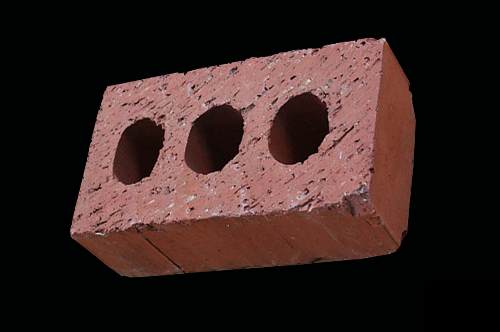
The brick by itself has no function and no value to the world. In order to have value it needs to connect with other bricks. When the brick, a structural unit, connects with other bricks and they organize, a wall is built. The wall as a structural unit, connects with other walls and they organize to form a room, and eventually a building is built. Although the brick is nothing by itself ? a weak brick can bring the whole wall and the whole building down.
By Ashley Davidoff MD
TCV-0038
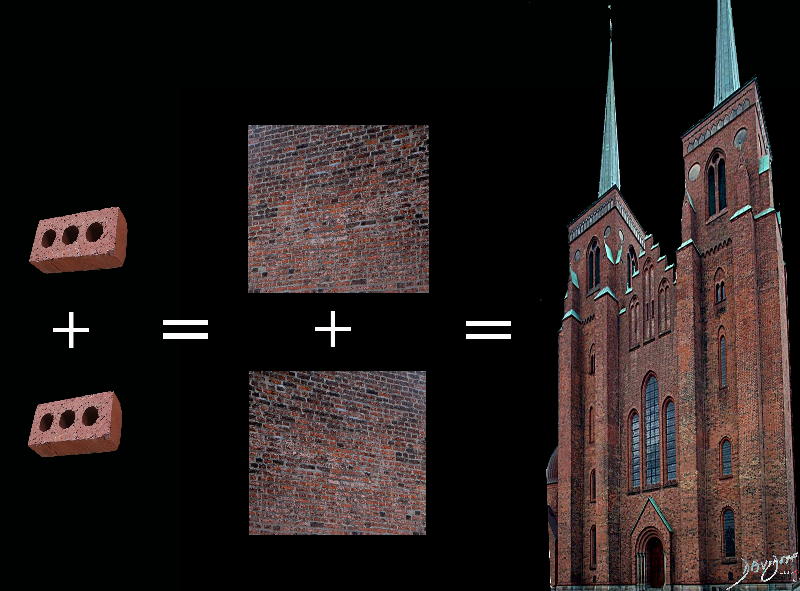
It is Nothing by Itself
However the Whole is Only as Strong as the Weakest Brick
By Ashley Davidoff MD
TCV-0039
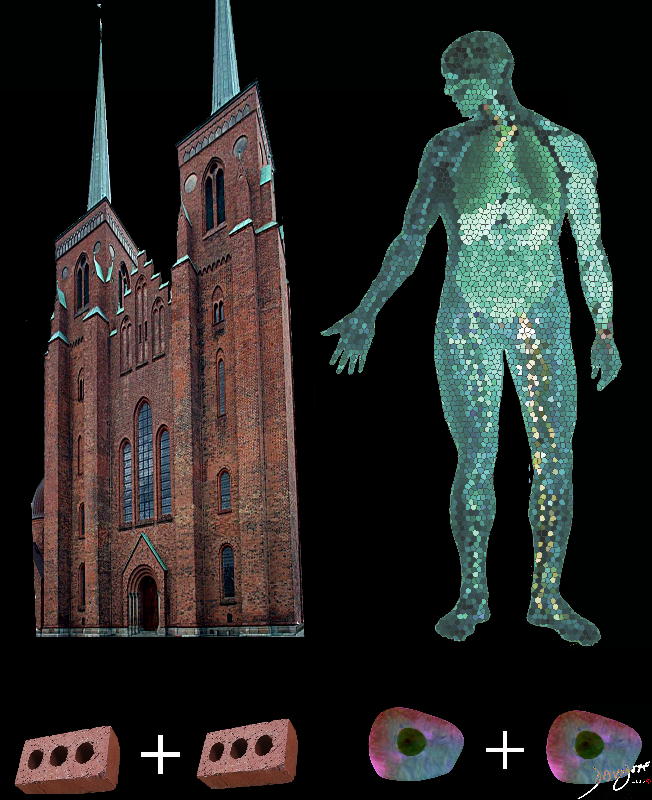
By Ashley Davidoff MD
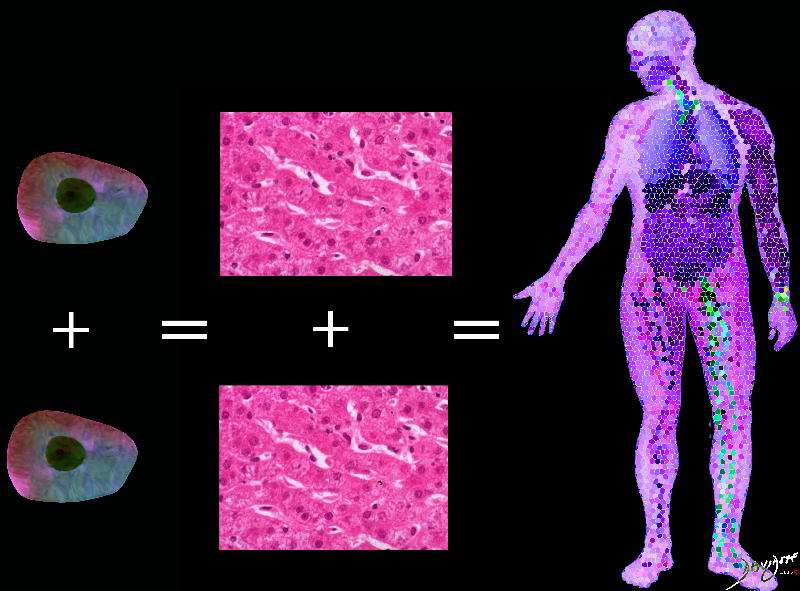
By Ashley Davidoff MD
TCV-0040
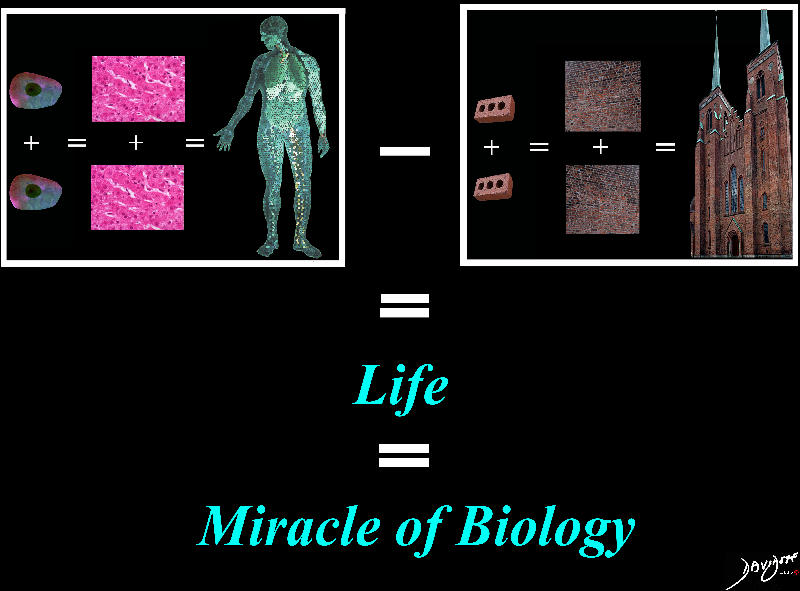
By Ashley Davidoff MD
TCV-0041
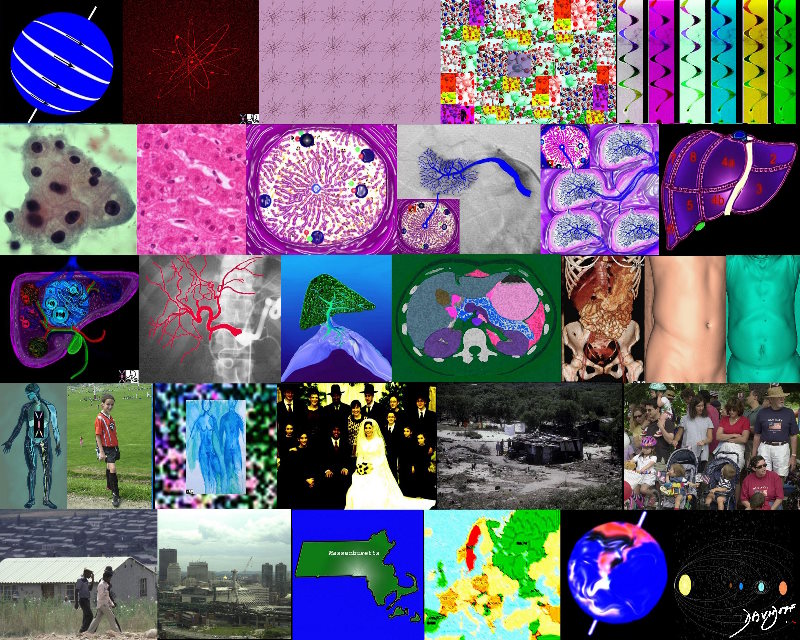
By Ashley Davidoff MD
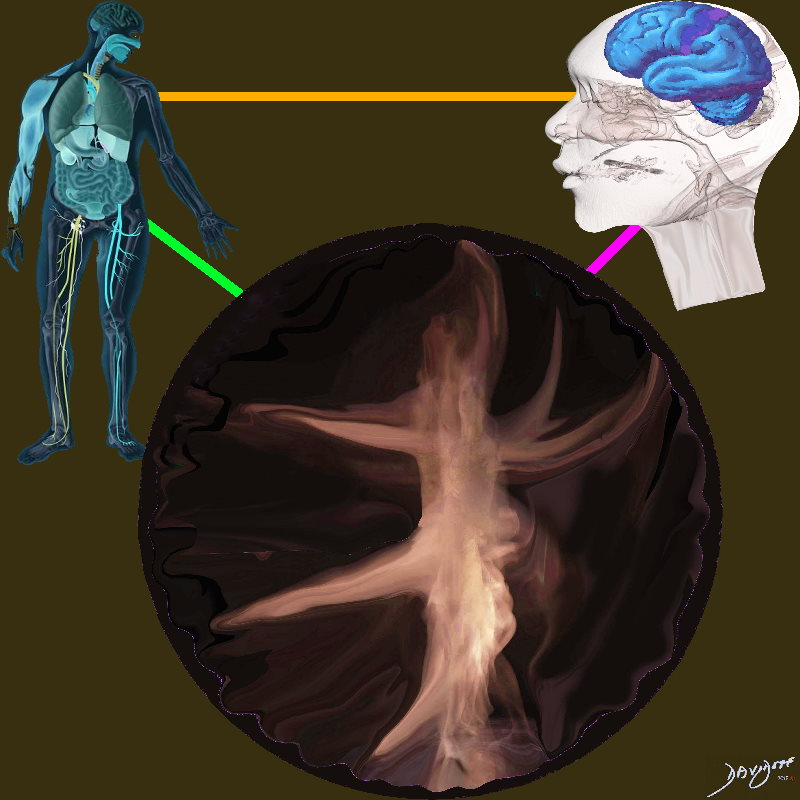
The body bonds with the mind to form the person.
All the parts of the body and the mind need to bond in structure and function to create a single unique person
Copyright Ashley Davidoff MD
TCV-0076
TCV-0100-low-res.jpg
1 + 1 + 1 + 1 +1 + 1 + 1 + 1 + 1 +1 + 1 + 1 + 1 + 1 +1 + 1 + 1 + 1 + 1 +1 + 1 + 1 + 1 + 1 +1 + 1 + 1 + 1 + 1 +1 + 1 + 1 + 1 + 1 +1 + 1 + 1 + 1 + 1 +1 + 1 + 1 + 1 + 1 +1 + 1 = 1By Ashley Davidoff MD
Atom to Universe
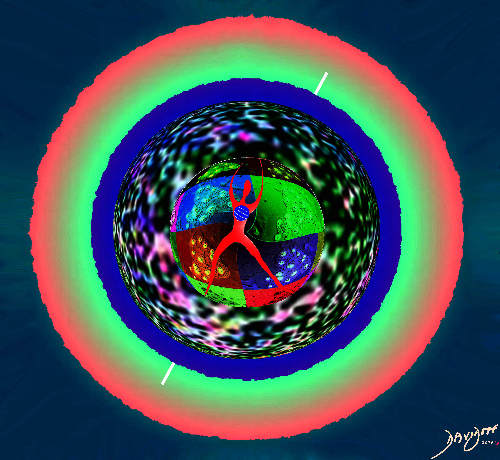
The hydrogen atom depicted in blue at the center of the image, consists of two parts (proton and electron) bound by their opposite forces to create a new unit. From the hydrogen atom there is a continuum of this pattern to form cells and a body, in the context of given environment, the earth, the sun and the cosmos, each of which reflect this same pattern of units to unity or 1 +1 =1
By Ashley Davidoff MD
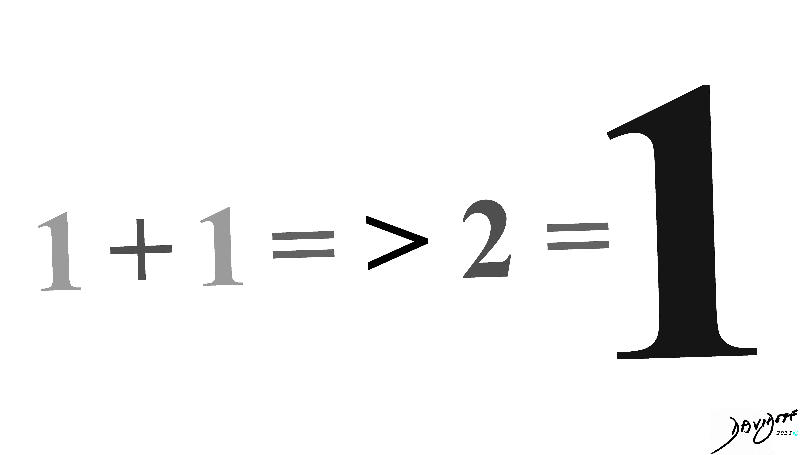
The equation first part of the 1 + 1 = >2 = 1 infers that our traditional thinking, teachings and calculations are not correct and then goes on to explain that the result is a surprising 1
This as discussed previously does not make intuitive sense, though it communicates a crucial tenet of The Common Vein. The component numbers on the left side of the equation, could represent the letters of the alphabet, a musical note, a brushstroke of a painting, the components of an equation, or the atom of the universe. It is the concept that is used most commonly in The Common Vein, and is applicable in many situations of life. The end result (right side of the equation) provides an illogical, unexpected, surprising and sometimes even magical result. It implies that whole is a unified bigger than the sum of its parts. ?Units to unity? reflects the same concept
Ashley Davidoff MD

This equation reflects fundamental arithmetic known to everybody. The component numbers are numeric, measurable, logical, accurate (usually) and reproducible. These are numbers we come across in day to day living, when dealing with addition, subtraction division and multiplication. There is no subjectivity,and the result is reproducible
By Ashley Davidoff MD
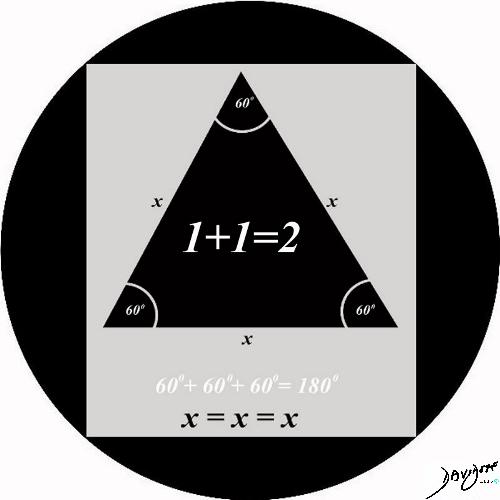
This equation reflects fundamental arithmetic known to everybody. The component numbers are numeric, measurable, logical, accurate (usually) and reproducible. For the lay person its the numbers we come across in day to day living, when dealing with addition, subtraction division and multiplication. The most common human example is the in the purchase of goods or food, where a particular product has a a price, and the transaction requires an exact amount of money in exchange
By Ashley Davidoff MD

This equation, like the equation 1+ one = 2 is also algebraically correct and accurate. It reflects fundamental arithmetic known to everybody. The component numbers are numeric, measurable, logical, accurate (usually) and reproducible. These are numbers we come across in day to day living, when dealing with addition, subtraction division and multiplication. There is no subjectivity, and the result is reproducible
By Ashley Davidoff MD

1 + one = 2
This equation, like the equation 1+ one = 2 is also algebraically correct and accurate. It reflects fundamental arithmetic known to everybody. The component numbers are numeric, measurable, logical, accurate (usually) and reproducible. These are numbers we come across in day to day living, when dealing with addition, subtraction division and multiplication. There is no subjectivity, and the result is reproducible
By Ashley Davidoff MD
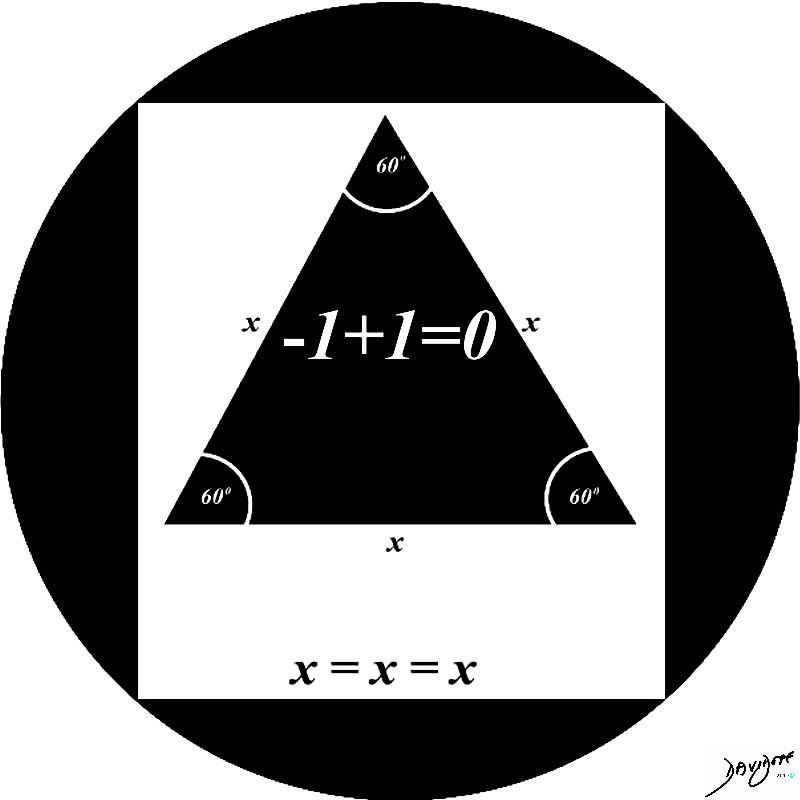
By Ashley Davidoff MD

The 1 + 1 ~ 2 is the equation we use in our practical world. When we ask for a spoon of sugar in a cup of tea, we do not expect an exact measure. There are many examples in our day to day life eg a glass of water, a pinch of salt, a little more, a little less, an enlarged liver, are all examples of approximations and sufficient most the time
Ashley Davidoff MD
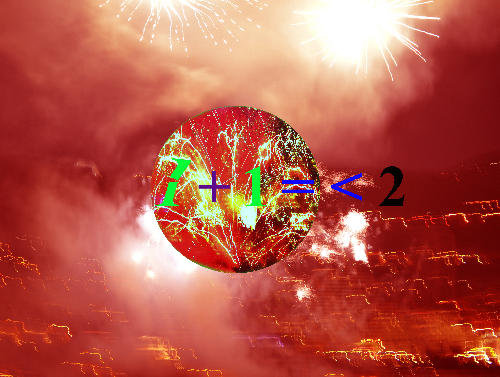
The equation <1 + 1 = <2 infers that one of the components or units is incomplete, or disordered, and therefore the logical and expected result is incomplete and unsatisfactory. Say for example you intended to purchase 2 apples. The one was rotten and the seconds was healthy and ripe. In the end you do have two apples but the one is inedible so in fact the intended reason for purchase has not satisfied the purchaser.
Ashley Davidoff MD
By Ashley Davidoff MD

The equation <1 + 1 = <2 infers that one of the components or units is incomplete, or disordered, and therefore the logical and expected result is incomplete and unsatisfactory. Say for example you intended to purchase 2 apples. The one was rotten and the seconds was healthy and ripe. In the end you do have two apples but the one is inedible so in fact the intended reason for purchase has not satisfied the purchaser.
Ashley Davidoff MD
By Ashley Davidoff MD
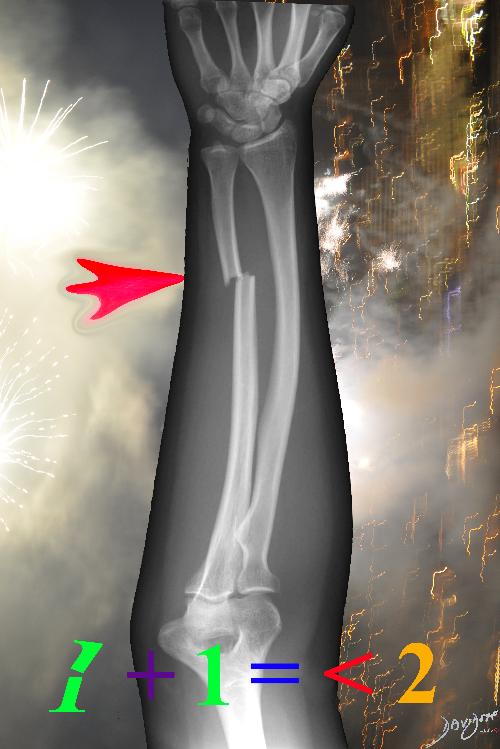
The equation <1 + 1 = <2 infers that when one of the components or units is incomplete or disordered, the logical and expected result is incomplete and unsatisfactory. In this instance the radius of the forearm is fractured resulting in loss of the forearm as a unit
Ashley Davidoff MD
Icons
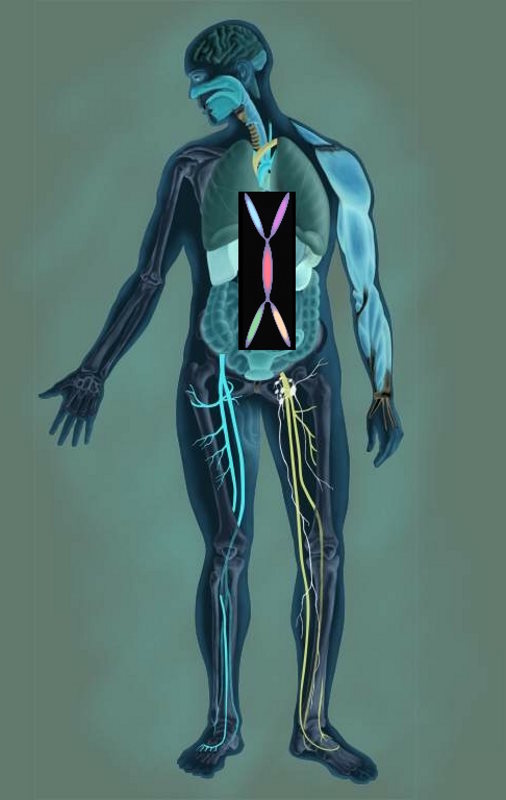
By Ashley Davidoff MD
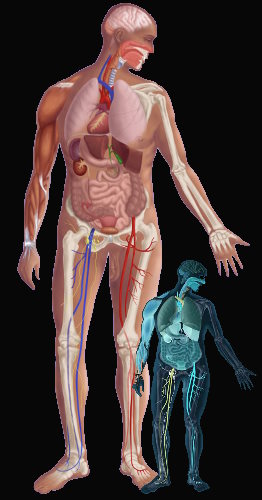
This art piece reflects the organs that contribute to the formation of the systems, the body and the person. There are about 78 organs in the body but depending on the definition some suggest there are up to 100 organs. There is no universally acceptable definition of an organ and hence the discrepancy.
The Common Vein is a project that pursues and applies the concept of the ?whole is bigger than the parts?, using the term ?units to unity?, or the equation 1+1 = 1. This implies that when units in biology get together to form a new unit, the result is often surprising and sometimes miraculous. The pursuit of oneness and wholesomeness is a recurring theme in biology.
By Ashley Davidoff MD

This collage reflects the cells and organs of the body that contribute to the formation of the systems, the body and the person. The background is made of the historical drawings of Vesalius who was a Flemish anatomist (1514-1564). Vesalius is often referred to as the founder of modern human anatomy. author of one of the most influential books on human anatomy, De Humani Corporis Fabrica Libri Septem (On the Fabric of the Human Body).
The Common Vein is a project that pursues and applies the concept of the ?whole is bigger than the parts?, using the term ?units to unity?, or the equation 1+1 = 1. This implies that when units in biology get together to form a new unit, the result is often surprising and sometimes miraculous. The pursuit of oneness and wholesomeness is a recurring theme in biology.
By Ashley Davidoff MD
By Ashley Davidoff MD

This art piece reflects the cells that contribute to the formation of the tissues, organs, systems, and eventually the body and the person. There are about 37.2 trillion cells in the body. The liver alone has 7 billion cells which is about the number of people in the world
The Common Vein is a project that pursues and applies the concept of the ?whole is bigger than the parts?, using the term ?units to unity?, or the equation 1+1 = 1. This implies that when units in biology get together to form a new unit, the result is often surprising and sometimes miraculous. The pursuit of oneness and wholesomeness is a recurring theme in biology.
By Ashley Davidoff MD

This art piece reflects the cells that contribute to the formation of the tissues, organs, systems, and eventually the body and the person. There are about 37.2 trillion cells in the body. The liver alone has 7 billion cells which is about the number of people in the world
The Common Vein is a project that pursues and applies the concept of the ?whole is bigger than the parts?, using the term ?units to unity?, or the equation 1+1 = 1. This implies that when units in biology get together to form a new unit, the result is often surprising and sometimes miraculous. The pursuit of oneness and wholesomeness is a recurring theme in biology.
By Ashley Davidoff MD

This art piece reflects the organs that contribute to the formation of the systems, the body and the person. There are about 78 organs in the body but depending on the definition some suggest there are up to 100 organs. There is no universally acceptable definition of an organ and hence the discrepancy.
The Common Vein is a project that pursues and applies the concept of the ?whole is bigger than the parts?, using the term ?units to unity?, or the equation 1+1 = 1. This implies that when units in biology get together to form a new unit, the result is often surprising and sometimes miraculous. The pursuit of oneness and wholesomeness is a recurring theme in biology.
By Ashley Davidoff MD
The Units

This art piece shows a spectrum of the units and the bonds in varied environments that are within the human experience. The roundness of many of the components reflect wholesomeness and oneness, which is a universal pursuit in biology and in the environment. For example, the earth in the center of the image is round as are the hydrogen atom (11 o?clock) the clock (12 o?clock) the nucleus of the cell (1 o?clock) with the moon and the sun in the outer sphere. Human pursuits such as physics (E = mc2), Mona Lisa, and music each consist of individual units that reflect the pursuit of oneness created by the combination of the individual parts.
By Ashley Davidoff MD
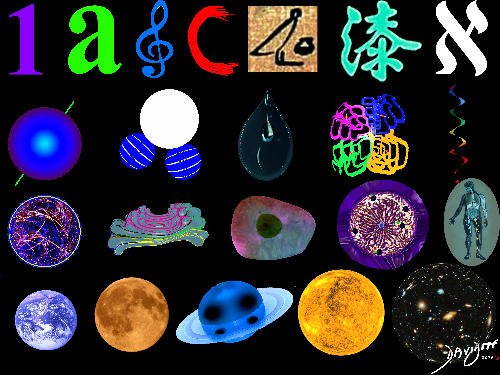
The art piece depicts units from many aspects of the human experience including numbers, letters, musical notes, paint brush strokes, atoms, molecules, macromolecules, organelles, histological parts, body, planets, and the universe. Each of these can stand alone but always with a yearning to seek a larger and more powerful wholeness.
Ashley Davidoff MD

The cell is the building block of all biological structure. In this image a few polygonal cells of the liver are attached together. Each cell has a central dark nucleus which is embedded in a pinkish cytoplasm. The nucleus takes up approximately 1/5 to 1/6 of the volume of the cell.
(Image courtesy of Barbara Banner M.D.) 13440

The artistic rendering shows the evolution of the person in the context in time and space. The parts, starting with the cells advance to the tissues, organs and systems, are linked by blood vessels and nerves to create a body which combines with the mind to form the person.
By Ashley Davidoff MD
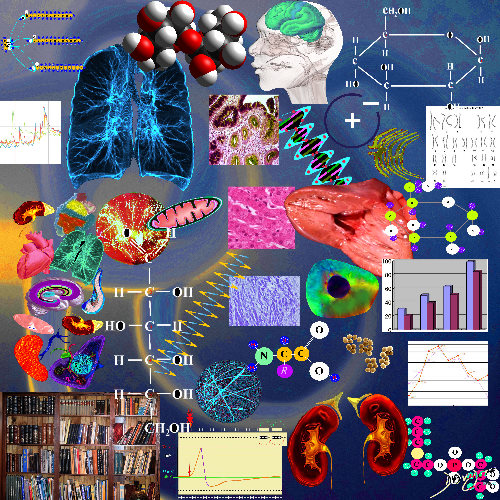
The art piece reveals parts ranging from the atoms, molecules, macromolecules, organelles, cells, tissues,and organs, alongside physiological processes. The library infers the same principles of the units of books combining to form a library
By Ashley Davidoff MD
Bonds
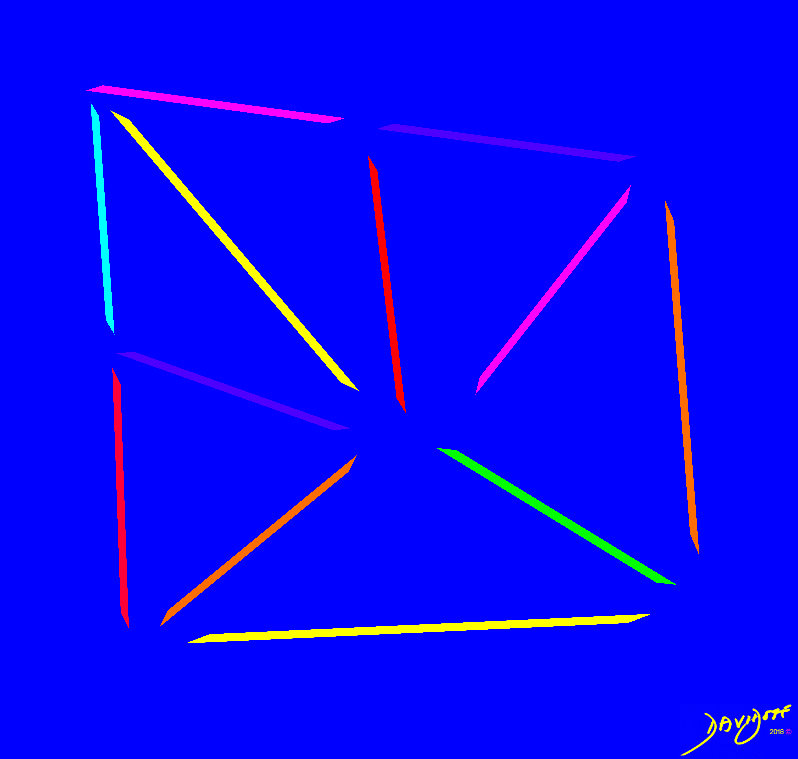
This art piece demonstrates a generic representation of bonds. In biology these bonds are commonly related to attractive electrical forces.
Courtesy Ashley Davidoff
TCV-0085

By Ashley Davidoff MD

This is an artistic rendering of the Mystic river in Boston as it enters the Atlantic Ocean. Waters of the world are connected from the rivers to the sea.
By Ashley Davidoff MD
PARTS AND BONDS
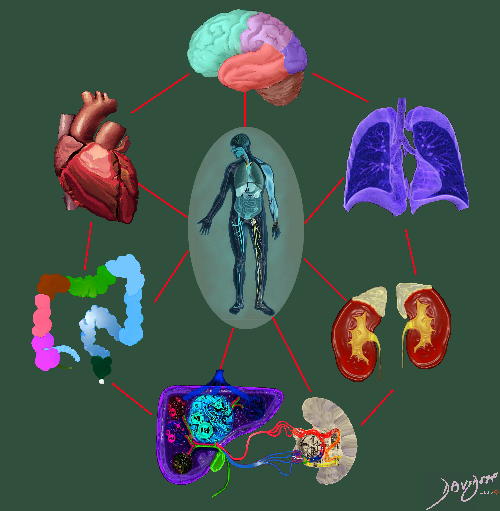
By Ashley Davidoff MD
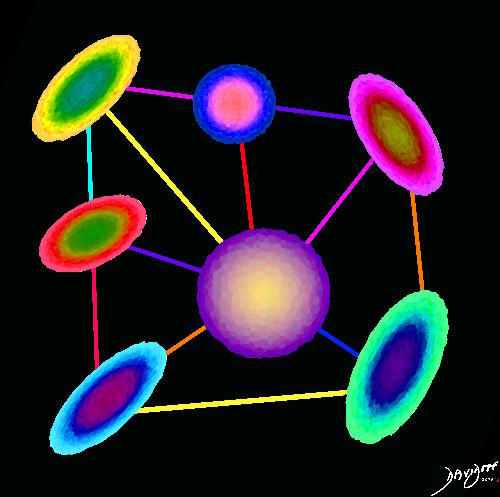
This art piece depicts the universal structural organization in biology. Different parts of a structure (drawn as disc shaped structures in the periphery of the art piece) are bonded to form a new and unique entity (sphere in the center) , with unique function guided by universal and common principles
Ashley Davidoff MD
TCV-0003
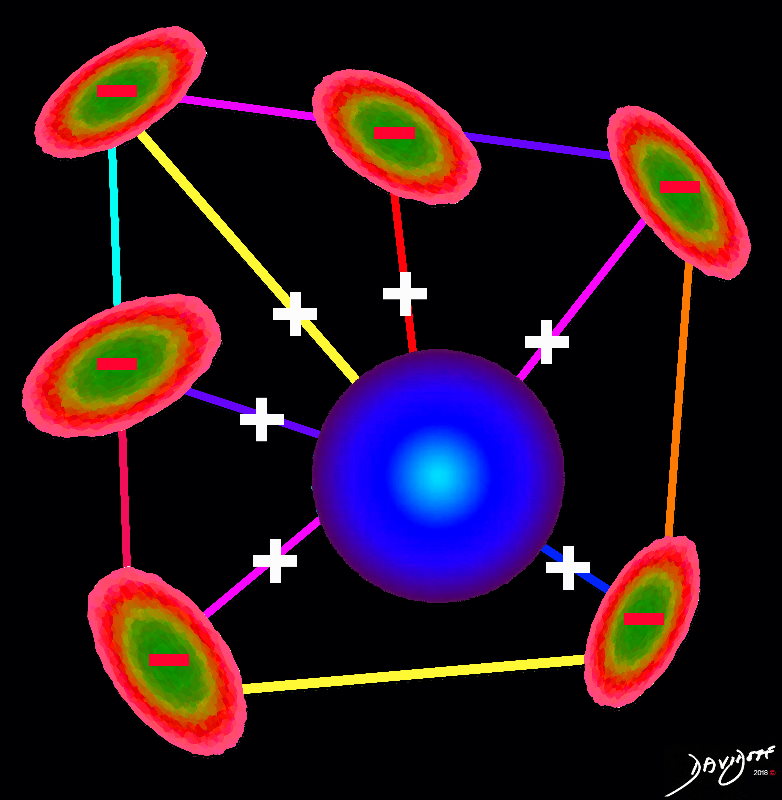
Copyright Ashley Davidoff
TCV-0070
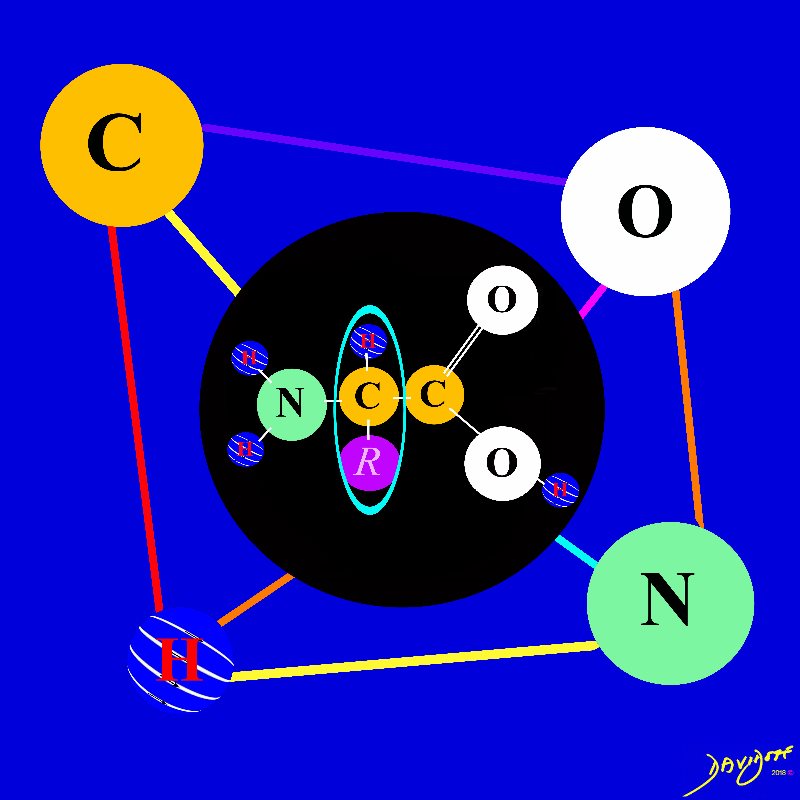
The atoms bond with surrounding atoms to form the molecule
All the parts of the molecule need to bond in structure and function to create a unique molecule. In this instance the protein molecule.
Copyright Ashley Davidoff MD
TCV-0084
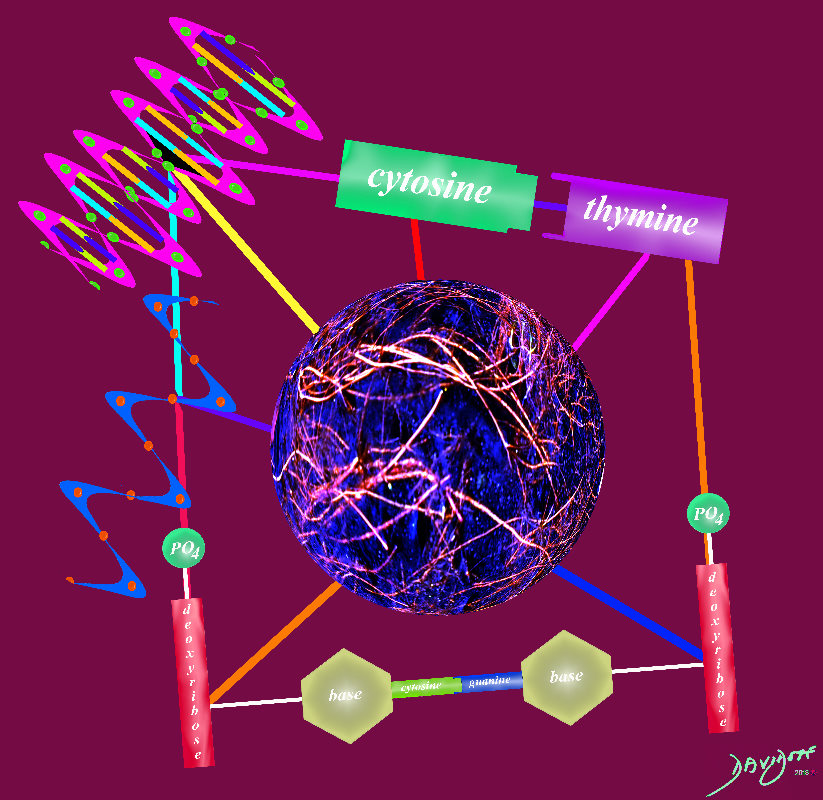
The macromolecules including the nucleotides and nucleic acids bond with each other to to form the nucleus
All the parts of the molecule need to bond in structure and function to create a unique organelle In this instance the nucleus.
Copyright Ashley Davidoff MD
TCV-0085
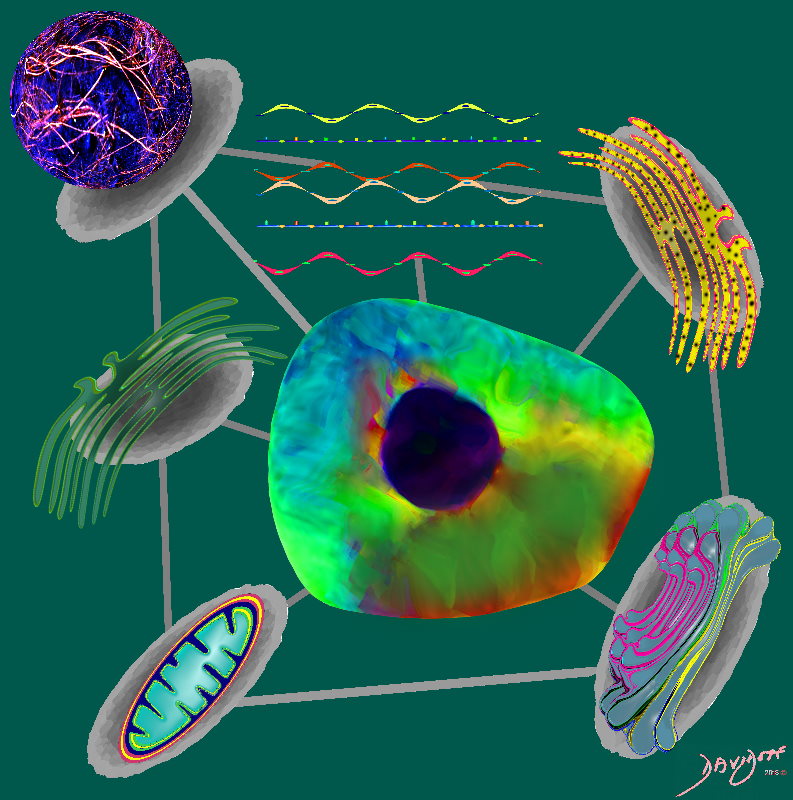
The organelles of the cell bond in structure and function to create a single entity – the cell
The nucleus is the central focus of the cell and it is bonded to the organelles including the smooth and rough endoplasmic reticula, Golgi apparatus, mitochondrion, lysosome, and messenger RNA.
Copyright Ashley Davidoff MD
TCV-0071
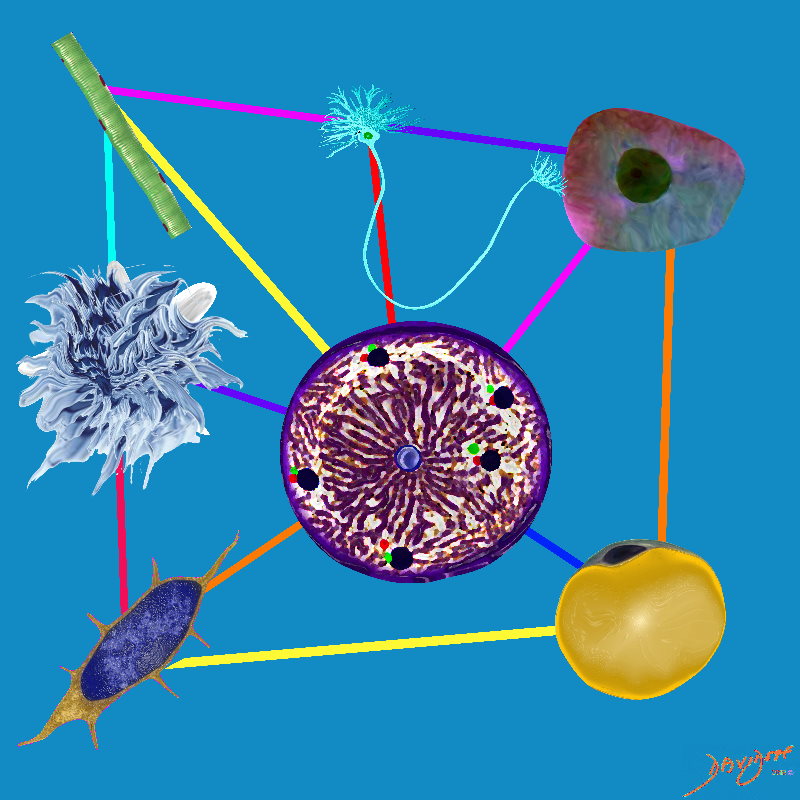
The cells bonds with like cells to form the tissue
All the parts of the tissue need to bond in structure and function to create a unique tissue
Copyright Ashley Davidoff MD
TCV-0077
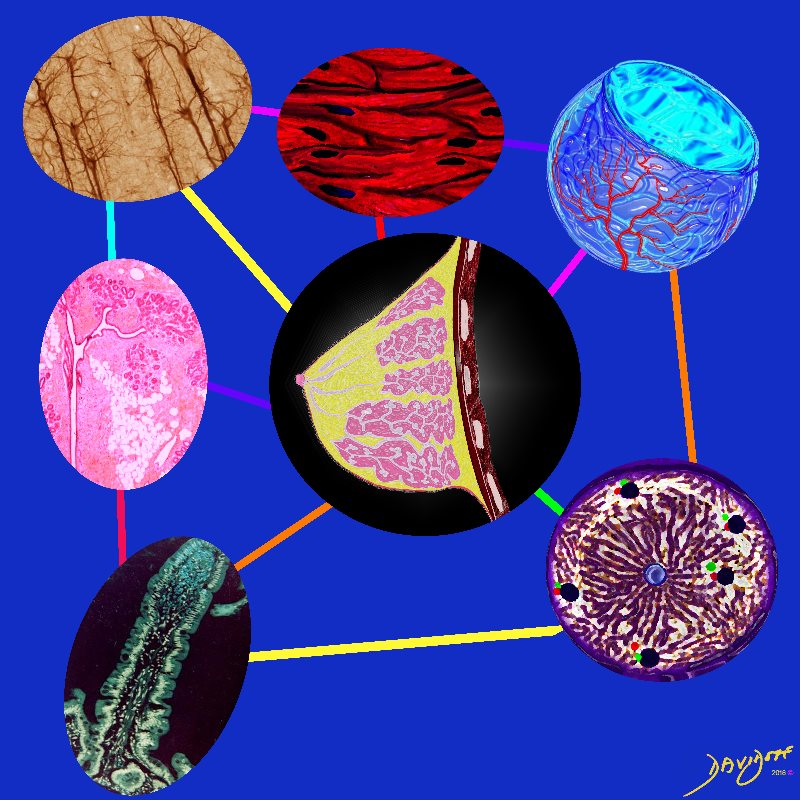
The tissues bond with like tissue to form the organ
All the parts of the organ need to bond in structure and function to create a unique organ
Copyright Ashley Davidoff MD
TCV-0078
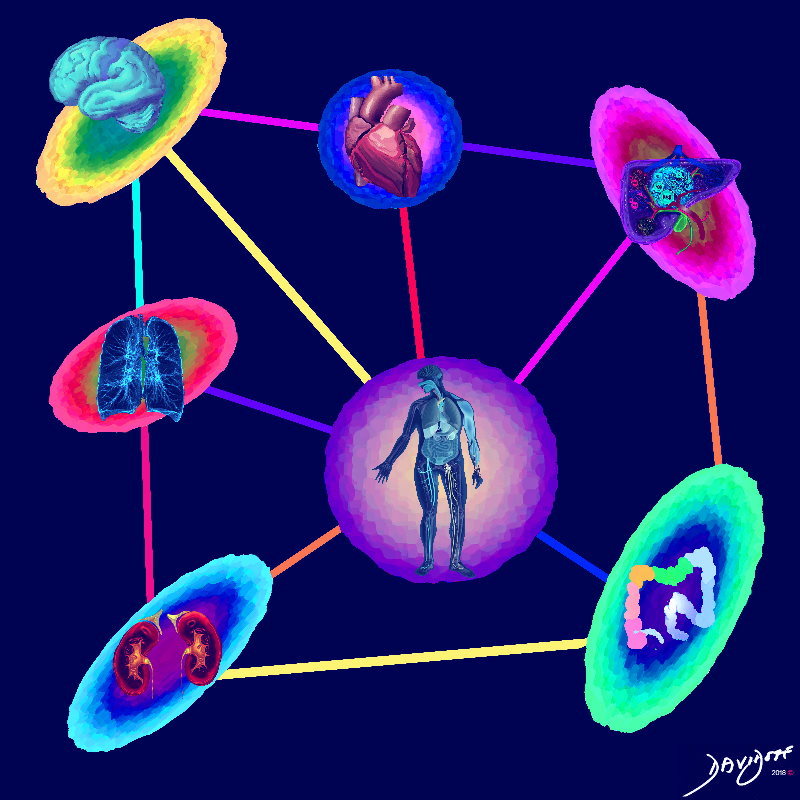
The organs of the body, bond in structure and function to create a single entity – the body
The brain is the central controlling and integrating organ of the body and it is linked to the organs via nerves. Blood vessels, ducts and hormones also serve to connect the organs
Copyright Ashley Davidoff MD
TCV-0072
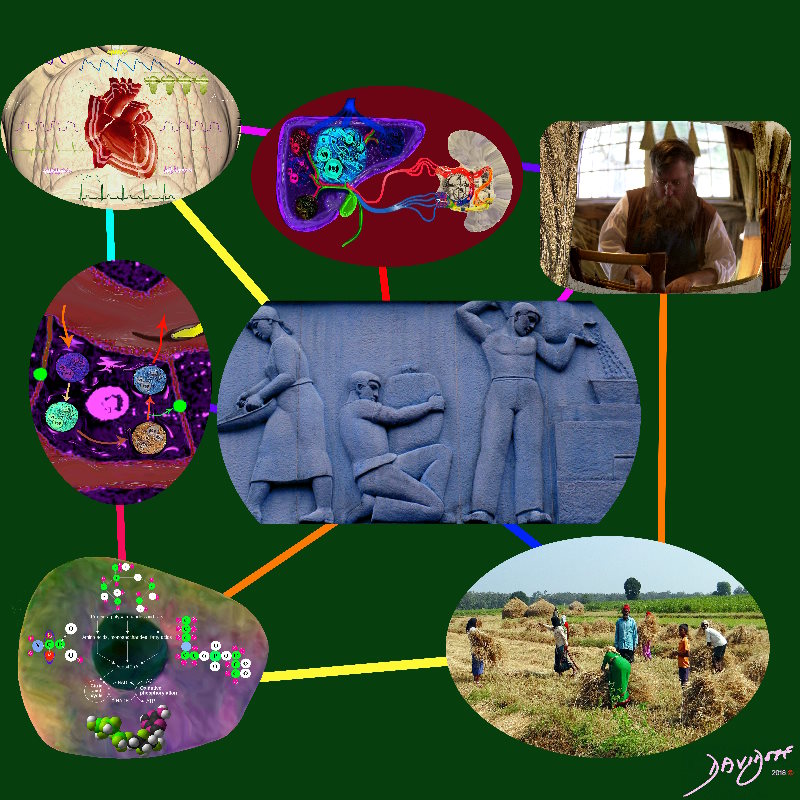
In biology all the parts need to bond in structure and function to create a unique unit that has specialised function. The functional parts in turn bond and combine their functionality for the good of the whole.
Copyright Ashley Davidoff MD
TCV-0090
A new biological unit created by the bonding of component parts
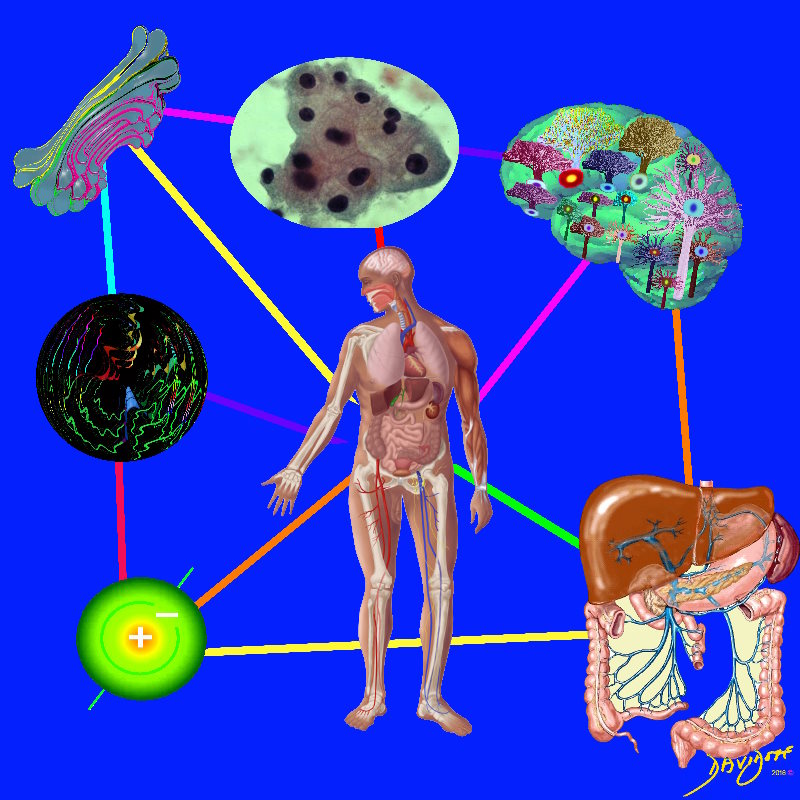
In biology all the parts need to bond in structure and function to create a unique unit that has unique specialised structure and function. The structural parts in turn bond and combine their functionality for the good of the whole.
Copyright Ashley Davidoff MD
TCV-0091
A new biological unit created by the bonding of component parts
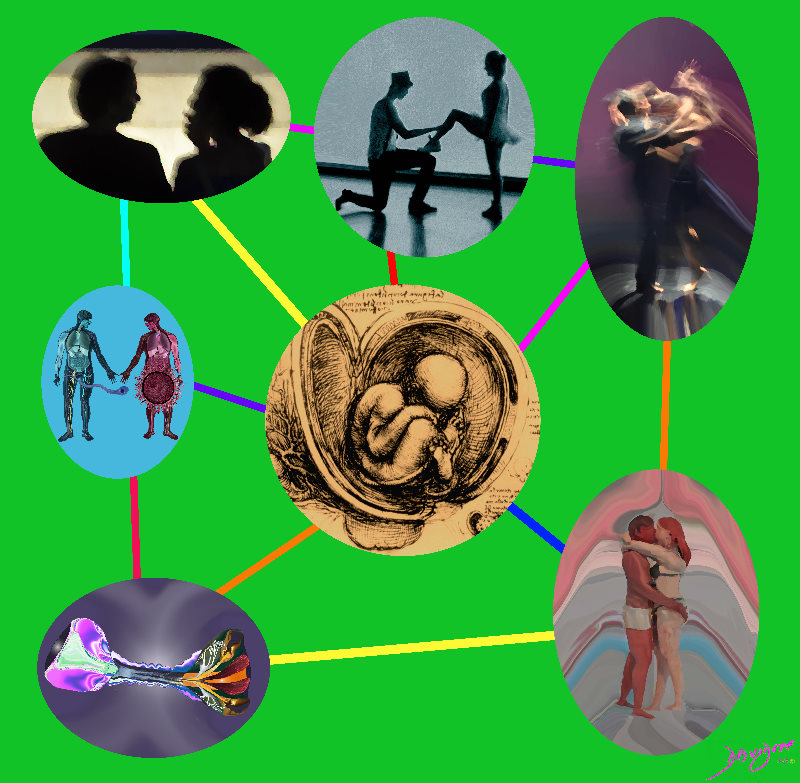
Man and Woman bond with and form a new life.
A couple bond in structure and function to create a unique new human being
Copyright Ashley Davidoff MD
TCV-0080
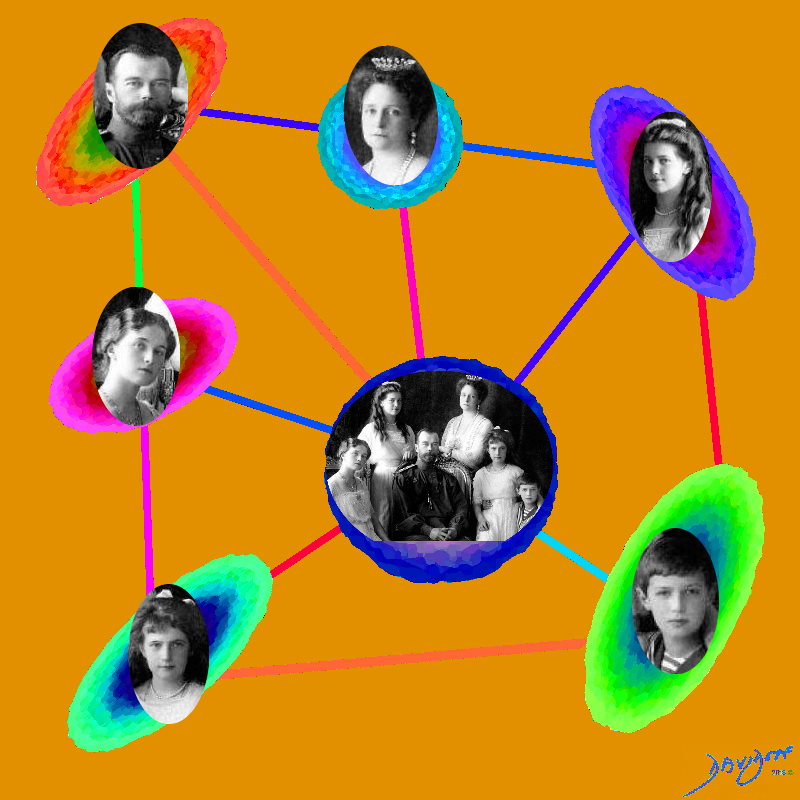
The people of the family bond to create a single entity – the family
The parents are central figures who function to control and integrate the family during the maturation phase of the family
Copyright Ashley Davidoff MD
TCV-0073
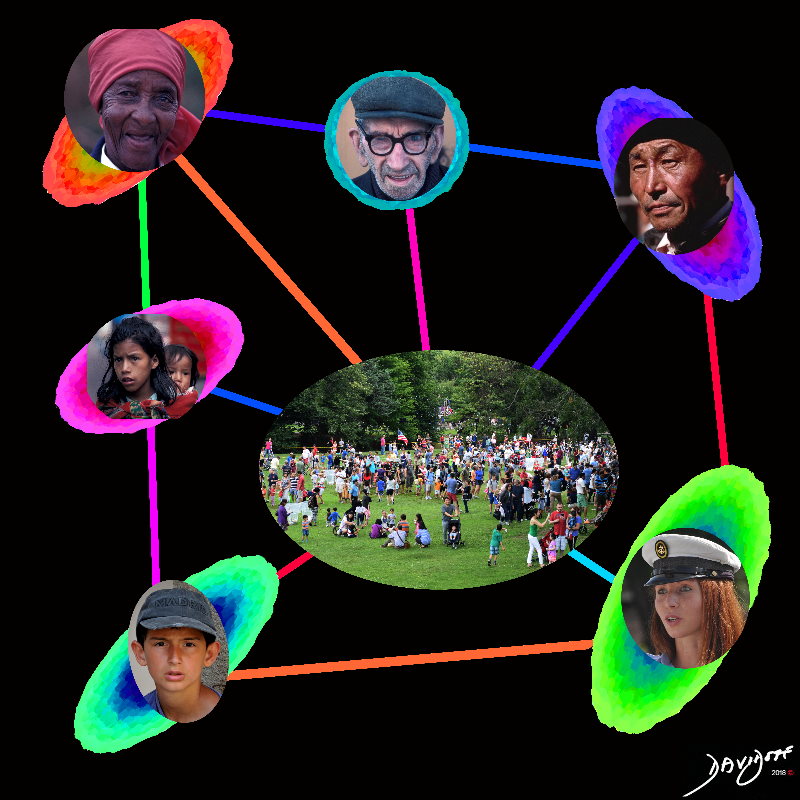
The people of the town bond to create a single entity – the community
All the people of all ages, are central figures who function to control and integrate the community.
Copyright Ashley Davidoff MD
TCV-0074
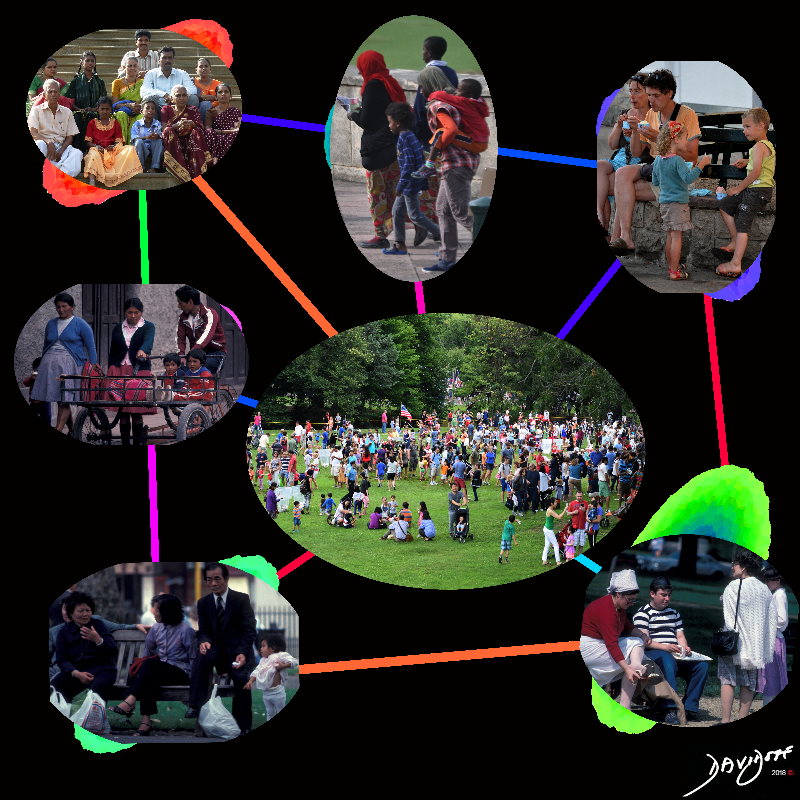
The families of the town bond to create a single entity – the community
All the people of all ages, are central figures who function to control and integrate the community.
Copyright Ashley Davidoff MD
TCV-0075
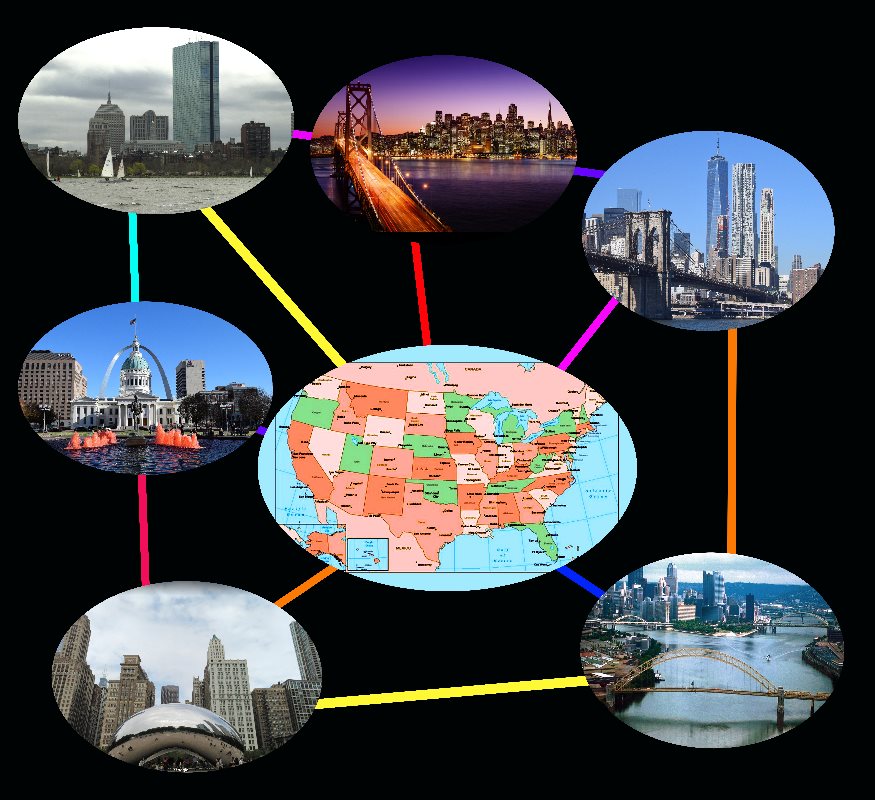
The cities bond with like cities to form the country.
All the parts of the country need to bond in structure and function to create a unique country.
Copyright Ashley Davidoff MD
TCV-0079
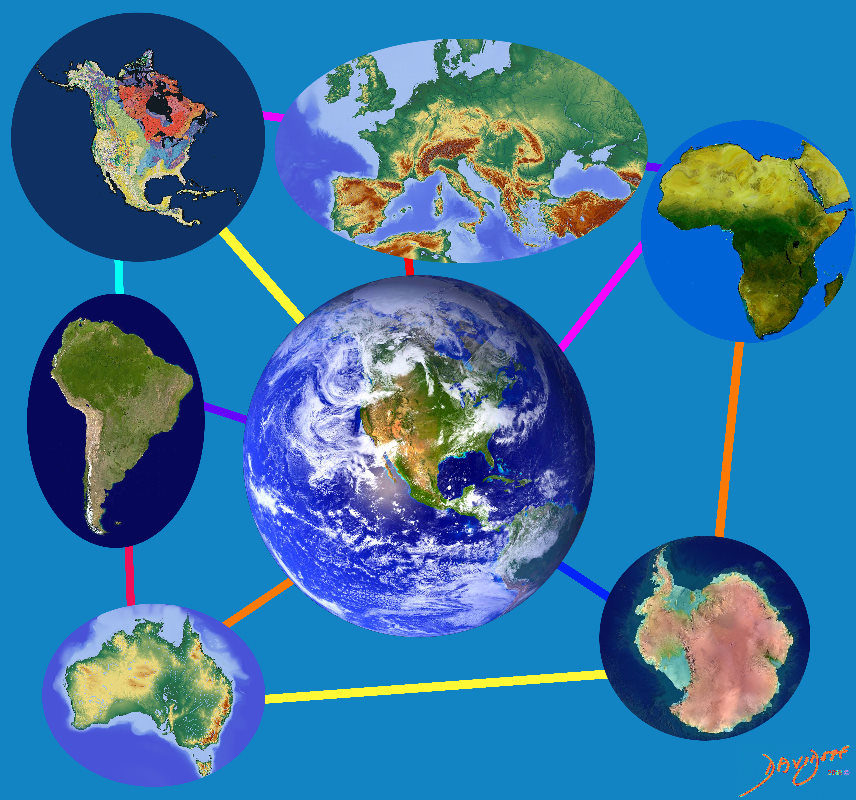
The continents bond through the ocean network with the other continents to form the earth.
All the parts of the earth need to bond in structure and function to create the unique oneness of the earth
Ashley Davidoff MD
TCV-0082
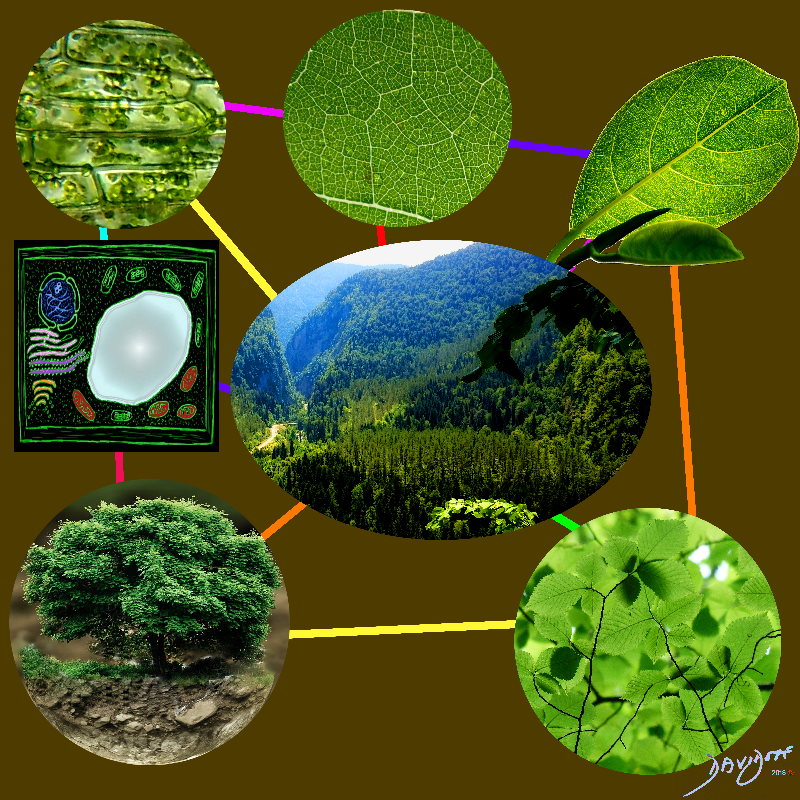
Plant cells bond to form lobules within the leaf.The lobules bond to form the leaf, which connects to other leaves via branches. A tree is formed which bonds in location and though the earth to create a forest
Courtesy Ashley Davidoff
MDTCV-0088
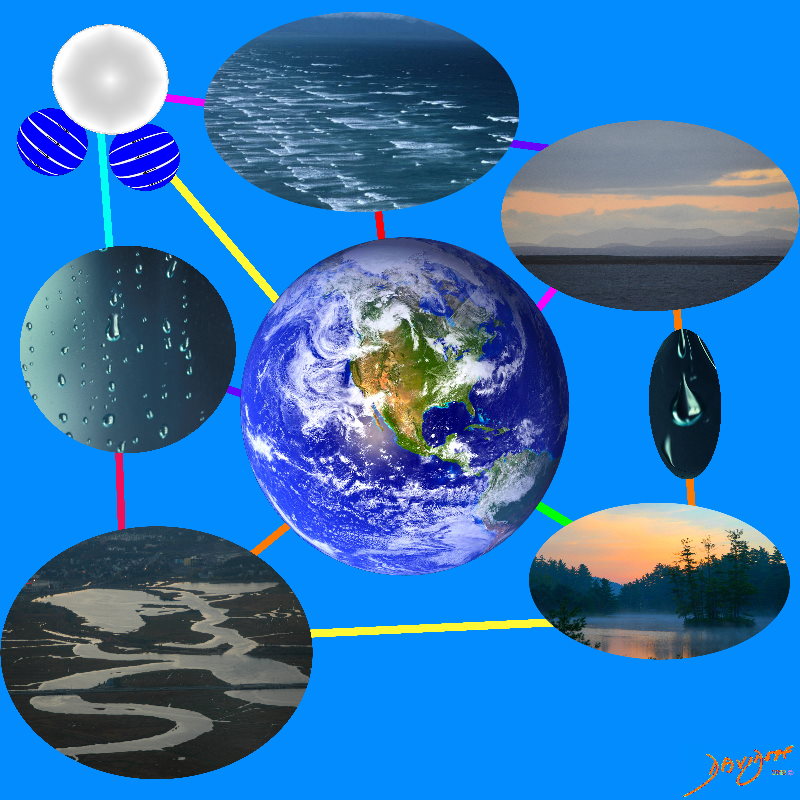
Copyright Ashley Davidoff MD
Biology and Medicine

It is easiest to start with a single human body as we know it. However it may be a cell a tissue an organ, or a body system
By Ashley Davidoff MD
TCV-0058-catalogue-signed.jpg
THE TWO MAJOR ROOT ELEMENTS OF BIOLOGY – STRUCTURE AND FUNCTIONBy Ashley Davidoff MD
